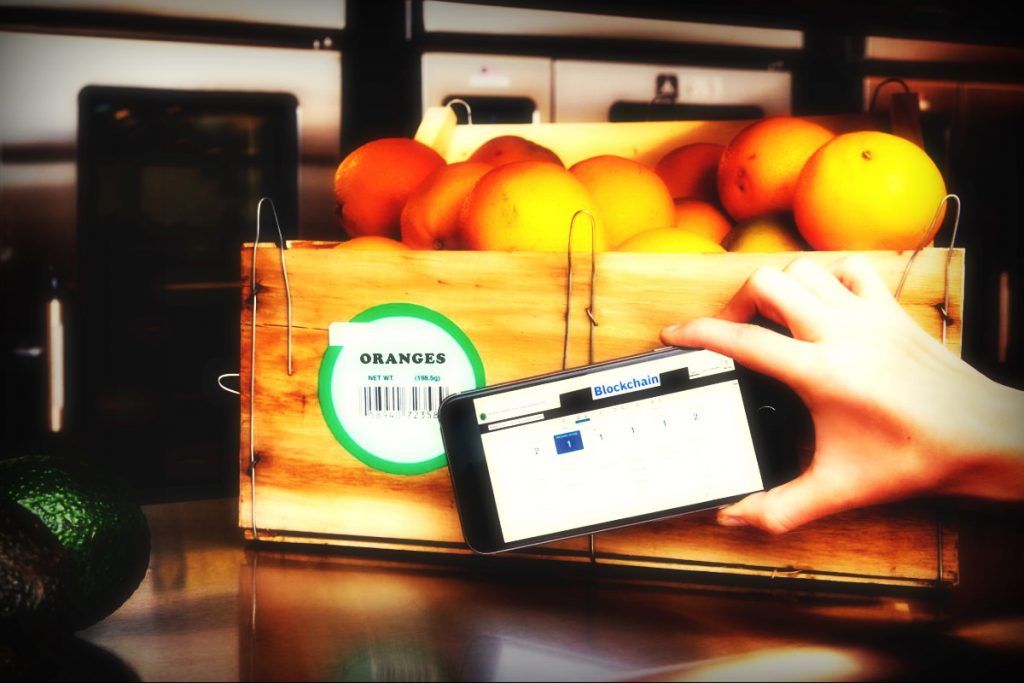How the food industry makes use of blockchain technology

As Blockchain is continuously expanding to various parts of the economy, the food and beverage industry is most certainly one of the areas where this technology is being used. Over the past few months, lots of companies including ‘big guns’ like Starbucks, Nestlé and Carrefour have given reports on their latest initiatives powered by Blockchain.
Blockchain has indeed been penetrating the food industry this 2019 at a fast pace. Based on a recent study, Blockchain will be used by 20% of the top 10 grocers in the world by 2025. Let’s now take a look at what makes this technology widely accepted by those in the food industry and some problems which might be faced in adopting it.
Customers are empowered with More Data and are able to Track Food Illness
Blockchain has been known to solve two major problems in the food industry. The first is the issue of trust: Based on a 2018 study by the Food Marketing Institute (FMI) based in the US, there is a growing public demand for transparency in the market. Customers are becoming more conscious about their health and want to know more about the food they buy. This report pointed out that about 75% of consumers may tend to switch to a brand which gives more detailed product information than just what’s on the product label. Blockchain is therefore the go-to-solution for this issue as it is an easily accessible distributed ledger and can provide tangible immutable data to consumers about their food.
The second issue is foodborne illnesses: In 2017, a fatal Salmonella outbreak was investigated by the U.S. Food and Drug Administration (FDA) and it was due to papayas imported from a farm in Mexico. They had to conduct over a hundred interviews and study some lab samples in order to identify the source of the disease. The process of finding the supplier responsible can be reduced to seconds by Blockchain. The technology can help stakeholders to track the mangoes illegally harvested from a particular farm and disengage it from the supply chain.
IBM’s Blockchain Solution keeps dominating the Field
IBM’s Food Trust is the most adopted Blockchain tracking solution in the field and it is based on the Hyperledger Fabric Blockchain Protocol. In December 2016, Walmart in China spearheaded the first product trials and ever since then, numerous industry giants such as Dole Food, Carrefour, Unilever, Nestle and Kroger have been amassed by Big Blue’s food tracking ecosystem. The official date of the platform’s launch was October 2018. During the testing period, IBM reported that suppliers and retailers used the Food Trust Blockchain to track millions of individual food products.
Coffee and Alcohol: More Niches use Blockchain
Blockchain is growing rapidly in the alcohol and beverage industry too. There was some news in March stating that Ailsa Bay, a premium Scotch whisky brand will release what it considers as the first Scotch whisky the world has ever seen which will be tracked using a Blockchain system.
However, there are some limitations with regards to the adoption of Blockchain within the food industry. First, it is not guaranteed that the data which is initially input to the Blockchain by suppliers is reliable to begin with so we can’t be so certain of the product. It can be however concluded that Blockchain has brought more solutions than problems to the food industry and should continue being incorporated in the field.
![]()